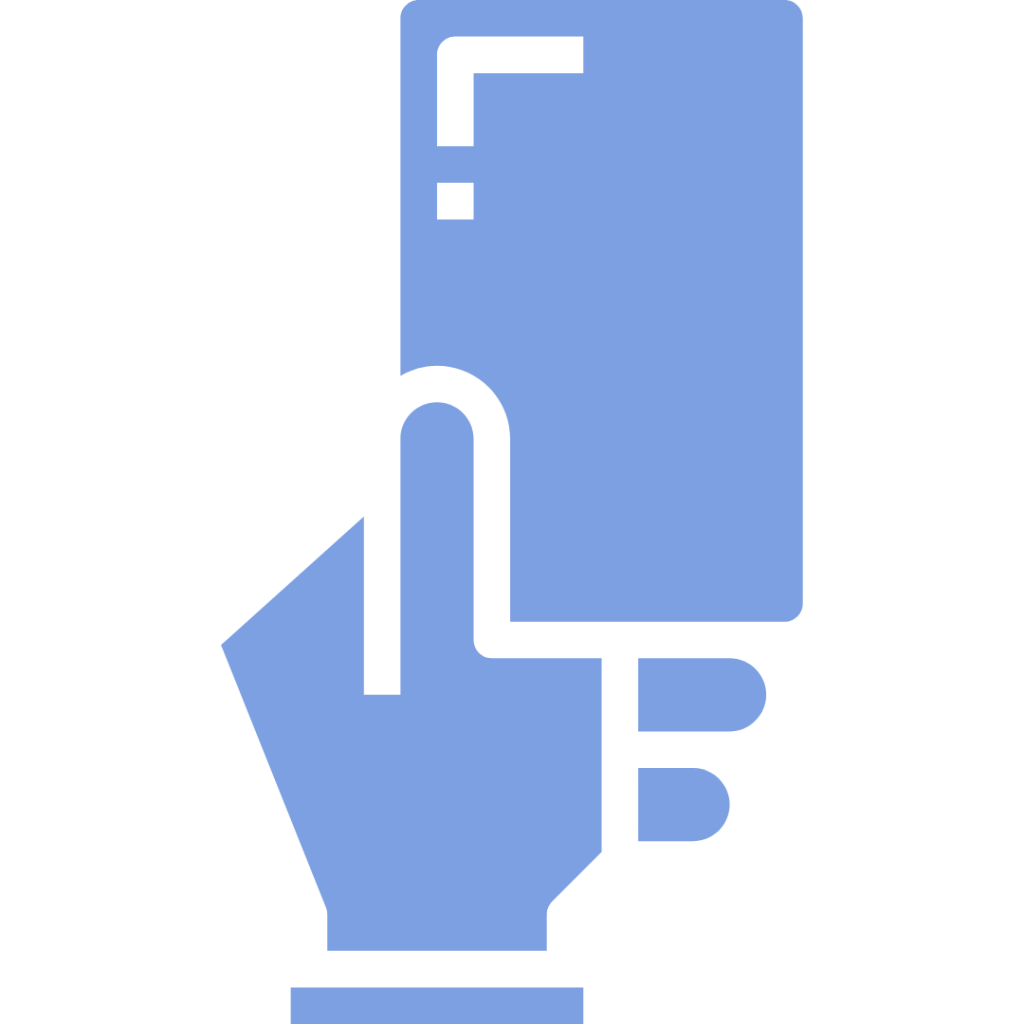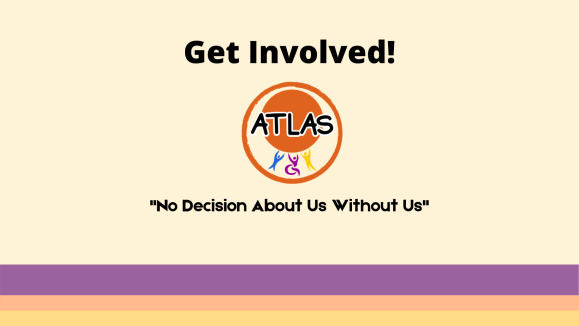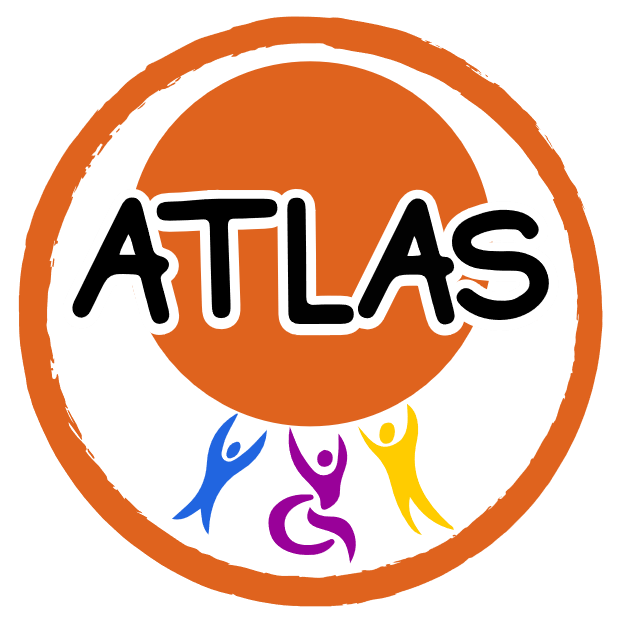“I think people really underestimate the impact that lived experience can have”
ATLAS Member

Our Aims
- To raise our voices on important topics from the perspective of young people with additional needs and disabilities, living in Surrey (UK).
- To provide feedback on and co-produce Surrey services for young people, especially on services for young people with additional needs and disabilities.
- To actively tackle ableism, stigma, and discrimination.
- To help people understand the diversity of disability.
- To create a safe space for young people with additional needs and disabilities to share their experiences confidentially.
- To raise our voices nationally where there is a need for systemic change.
Priority Areas
To achieve our aims, we have highlighted a number of areas that need to be prioritised to bring about positive change.
These areas are regularly raised by young people (7 to 25), living in Surrey or accessing Surrey services through ATLAS groups and activities.
Our action cards sit under these Priority Areas to give further guidance and information on the needs and ideas of our members.
You can find out more about what action cards are at the bottom of this page!
Ableism, Stigma and Discrimination
- ‘Abled-Bodied’ should not be the goal
- Power of Language and attitudes
- Media Representation
- Need for co-production and professionals with lived experience
- Self-description
Autism
- Acceptance
- Awareness
- Emergency services
- Helping professionals to understand how to work with autistic people
- Co-morbidity with mental health
Education
- EHCPs
- Provision
- Teaching Styles
- The term ‘SEND’ and other euphemisms for disability
Empowerment
- Co-production of services
- Developing skills to raise Disabled voices
- Visibility of disability in society, systems and services
LGBTQ+
- Intersectionality of disability
- Neurodiversity and gender
- Safe spaces
Transport
- Available in areas it is needed, i.e. providing access to specialist schools.
- Accessibility and inclusive design (see above).
- Environment and climate change
- Independence
Accessibility and Inclusive Design
- Digital Content
- Education
- both about accessibility and inclusion as well as making education itself more accessible.
- Physical Environments
- Need for disability focused products to be fashionable
- Need for non-disability focused products to be accessible for disabled people
- Sensory Environments
Chronic Illness
- Accessing services with a chronic illness
- including A and E as well as doctor appointments
- Co-Morbidities of disabilities
- Co-morbidity with mental health
- Difficulties around diagnosis
- Weight management and ‘Fat Phobia’
Health Care
- A need for an awareness of co-morbidity and providing services that can support young people with co-morbid conditions
- Crisis prevention
- GPs
Preparing for Adulthood
- Ableism
- Accessibility of information
- Driving licenses
- Inclusive environments, attitudes and design
- Independence skill building
- Flexible working
- Public transport (see ‘transport’.)
Looked After Children
- Approximately 70% of young people in care have an additional need or disability.
- Figure taken from the Surrey County Council (2016) SEND Needs Analysis report.
What are Action Cards?
Action Cards are themes and topics that young people raise as important issues that need immediate action!

When 4 or more young people raise similar feedback or decide that an action card should be raised on a particular topic, an Action Card is raised.

The User Voice and Participation (UVP) Team then have 2 months to raise the voices of the young people and get a response from the relevant services to feedback for review.
Action Cards are only closed with the consent of children and young people.
You can view our closed action cards, here.

